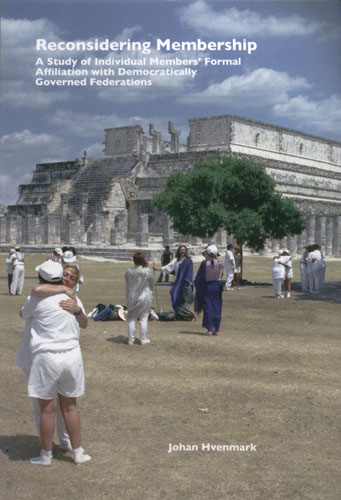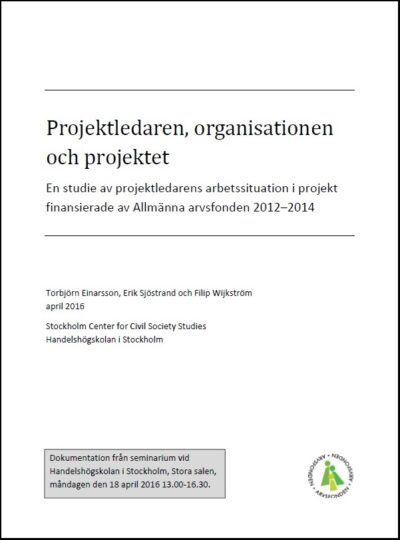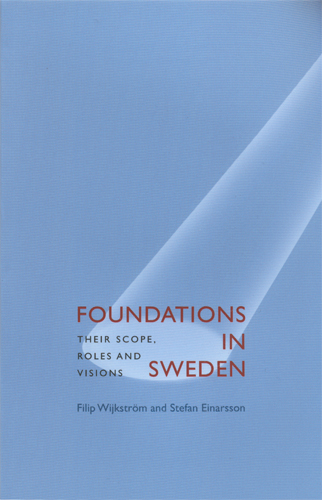Description
By Stefan Einarsson 2012
Many civil society organisations (CSOs) worldwide today face declining memberships, mission-drift or that they no longer are seen as relevant in society today. Several researchers warn that this development may lead to diminished democracy on both the national level and on the organisational level.
This dissertation presents a longitudinal case study of the evolving strategy formation processes as they play out within a group of organisations surrounding one of the oldest nonprofits in Sweden, the IOGT-NTO. This membership-based federation and its sister organisations are treated in the analysis as a non-profit group, or interorganisational domain, held together by a shared system of values. The group has been able to retain and even develop much of its character as well as remain true to its original mission.
This study demonstrates the importance of a membership-based governance system, which is able to stay true to the organisation’s ideological core. It also points at the importance of having processes that enable the organisation to change along with society, while also preserving a certain distance from its surrounding environment so that it can maintain its distinctiveness. By doing this, the organisation is not just staying true to its original mission, but also actively contributing to democracy by including new groups of members in the decision-making process. Finally, the IOGT-NTO case highlights how crucial it is to keep the ideological discussion alive within the governance system. In combination, these structures and mechanisms might enable a CSO to mitigate the iron law of oligarchy and revitalize itself.





Reviews
There are no reviews yet.